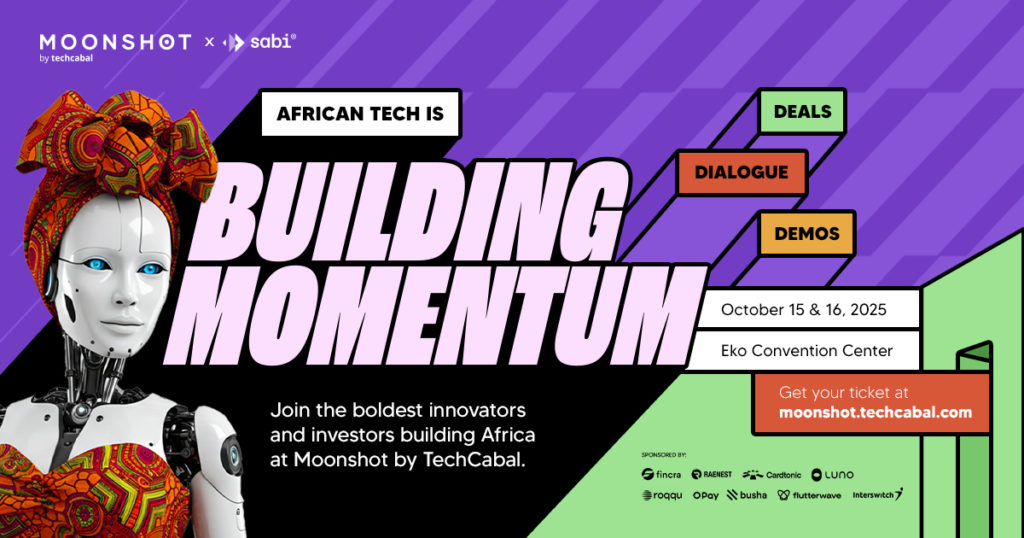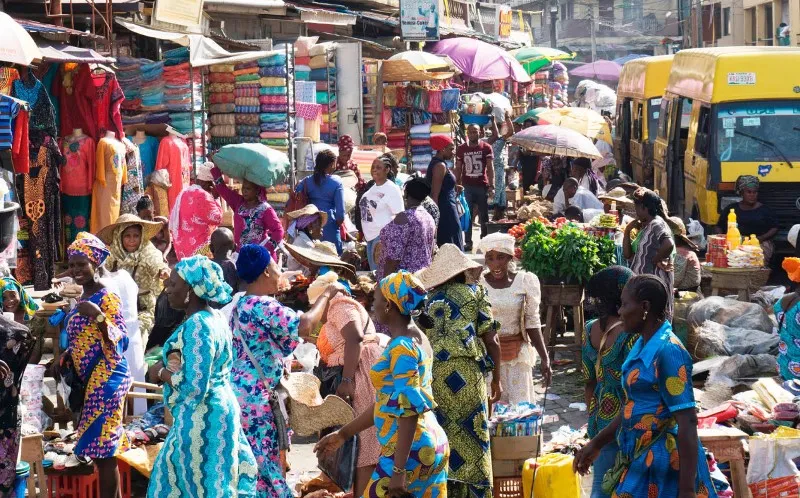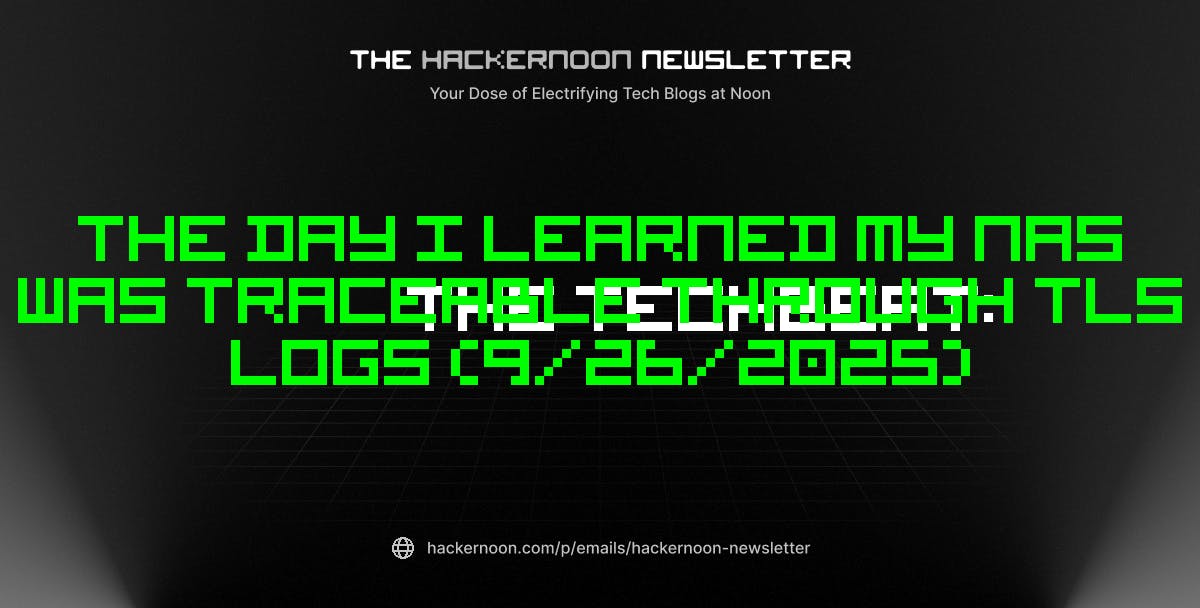In crowded Lagos neighbourhoods, small shops stocked with soft drinks, instant noodles, and toiletries are where most Nigerians shop. But for consumer giants like Coca-Cola, Unilever, and Dangote, these informal shops remain hard to map, creating blind spots that waste marketing budgets, weaken supply chains, and deter investment.
Informal retailers account for between 40% and 90% of total food sales in Sub-Saharan Africa, yet companies seeking to access the continent’s growing consumer market often lack visibility into how many outlets exist, what they stock, or how fast goods move.
Lengo, a Lagos-based startup founded in 2022, wants to change that with artificial intelligence. The company is part of the Google for Startups Accelerator: AI First programme in Africa and is backed by investors including Ventures Platform, P1 Ventures, Launch Africa, and Acasia Ventures.
Its ambition is to provide global fast-moving consumer goods (FMCG) companies with the visibility and precision needed to make informed decisions in markets like Nigeria, where Lengo believes data can be scarce and unreliable. “There’s little visibility on what’s being sold, in which quantities, and to whom,” says Max Smith, CEO and co-founder of Lengo.
Reaching the informal market
Although now based in Lagos, Lengo started in Senegal after a global FMCG client had reached out to Smith to assist with updating its retailer database. “We found twice as many as they had,” he recalls. “That’s when we knew there was a big gap.”
Early on, Lengo relied on field agents to walk the streets, interviewing shopkeepers and counting outlets. The method was costly and, by the time results came in, already outdated. To scale faster, the company adopted tools like Google Street View and in-house AI models to digitally identify shops, detecting storefronts, mapping locations, and classifying shop types.
This year, Lengo expanded into Nigeria, where it estimates that close to a million informal shops drive the bulk of consumer goods sales.
“We can recognise stores across food and beverages, pharmacies, telcos, hair salons, from Nigeria to India, wherever Street View coverage exists,” says Smith.
After identifying areas with retailers, Lengo connects with shop owners through Instagram and Facebook ads, onboarding them via WhatsApp. Then they are verified using pictures of storefronts, which are then geotagged and verified by the Lengo team. Since Google Street View doesn’t cover every area, Lengo relies on referrals from shopkeepers to keep expanding its footprint. Using incentives such as airtime bundles, special discounts, and product promotions, shopkeepers are helping the team promote their popularity amongst retailers. “30% of our growth now comes from retailers referring their peers,” Smith notes.
Moving beyond what Street View already captures could benefit Google, which is eager to map under-documented markets and feed data into its services, as well as consumer goods companies intent on understanding how best to reach shoppers.
Lengo also strengthens its database by using existing intelligence from its FMCG partners, who already maintain their own fragmented lists of outlets. The start-up combines these datasets with its own mapping to create a more comprehensive view of the retail landscape.
Building trust with retailers and bigger brands
Larger companies still only reach a fraction of the approximately 40 million informal businesses in Nigeria. “You might think your brand is everywhere,” says Smith, “but when the data comes in, you realise you’re covering maybe just 20% of stores in a zone.”
Without visibility, FMCGs still struggle to forecast demand or plan distribution effectively. Lengo’s platform provides a shop-by-shop picture of product presence, market share, and competitive shifts, while also opening new channels for marketing, allowing a drinks company to push promotions straight to retailers on WhatsApp.
“People enjoy using simple tools that deliver clear value quickly,” says Smith. “We once tried launching a standalone app, but it created too much friction, especially with memory, storage, and onboarding. It was slow. WhatsApp, on the other hand, was already part of shopkeepers’ daily habits.”
In markets such as Nigeria, where low trust can be a barrier and reported data may not always reflect reality, Lengo has built in safeguards. Retailers are asked to submit photos of their storefronts and stock, which are time-stamped and geolocated to verify accuracy.
“Validating ground truth data at scale is the whole point,” says Smith. To encourage compliance, the company offers incentives such as airtime credits and promotions, while also conducting periodic visits to retailers using the platform to understand their experience.
Lengo charges FMCG companies for access to its real-time data on retailers and distribution. Some clients also pay for targeted marketing campaigns through Lengo’s growing retailer network on Whatsapp. The primary revenue stream comes from big brands willing to pay for sharper visibility into informal markets like Nigeria.
The company’s ambitions go beyond collecting data and mapping. It has also launched “an AI co-pilot for retail in emerging markets,” built on OpenAI technology but powered by the datasets from Lengo’s team. The tool allows FMCG managers to query the collected data on market share and understand distribution gaps in regular explanations, receiving instant strategic suggestions.
“At the end of the day, it’s like having a trusted AI assistant in your pocket,” he says.
Image Source: Lengo
The competitive landscape
Lengo operates in a space where African start-ups are trying to gain more control over the informal retail space. OmniRetail’s Omnibiz platform in West Africa primarily focuses on digitising supply chains by facilitating ordering, delivery, and credit for informal retailers, rather than providing independent, market-wide intelligence. The distinction, says Smith, is that Lengo aims to provide a comprehensive view of the retail space, capturing real-time information on stock, pricing, and market share across categories. By contrast, platforms such as Omnibiz may only be able to generate insights on the goods they deliver, a narrower slice of the market.
Lengo also faces competition from within, as FMCG companies have their own internal databases of retailers. However, Lengo’s combination of AI-driven mapping, real-time insights, and competitive intelligence, especially through its new AI copilot, offers an edge. As Smith explains, FMCGs are no longer satisfied with knowing where their products sit on the shelves, but they also want clarity on where their competitors are gaining ground.
Chasing global scale
From its Lagos office, Lengo has already mapped more than 200,000 shops in Nigeria and is expanding rapidly in states like Ibadan and Kano. It has also begun pilots in India and Latin America. “Mapping informal retail across channels at a global scale is already happening at Lengo,” Smith says. “From Lagos, we’re mapping stores in India and Southeast Asia.”
Lengo plans to expand into pharmacies, hardware, and cosmetics, and eventually build consumer-facing tools so regular shoppers can search for nearby stores stocking essential goods.
The broader bet is that Africa’s fragmented retail sector is not an obstacle but an opportunity. “Stop guessing emerging markets, bring merchants online at scale. That’s our mission.”
Mark your calendars! Moonshot by is back in Lagos on October 15–16! Meet and learn from Africa’s top founders, creatives & tech leaders for 2 days of keynotes, mixers & future-forward ideas. Get your tickets now: moonshot..com










